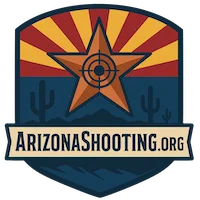Not easy to answer, as every event is dynamic and there are so many potential variables.
But,...in my opinion,...once you have dominated the scene, you now also have responsibility to keep the scene orderly until authorities arrive. YOU ARE STILL EXPOSED TO POTENTIAL DANGER. You do not know if the perp you just put down has friends in the crowd who are looking for you to let your guard down or turn your back. Anyone rushing forward to supposedly render aid COULD be simply pretending. Just ask Kyle Rittenhouse. When Grosskreutz initially approached him, he had patches on him identifying him as a medic and appeared to offer aid,...until Rittenhouse saw the gun in his hand and turned him into a lefty. Likewise, bystanders trespassing amongst the evidence might take something, including the weapon of the other guy. Try explaining to a prosecutor that the guy really did have a gun, but someone conveniently walked off with it.
But, as any officer will tell you, the moment they encounter anyone at a scene with a gun in their hand, they have to treat them as a suspect and you will have guns pointed at you. If you are standing over a dead guy or currently holding anyone at gunpoint, you have a real risk of getting shot if you do anything other than what you are instructed and doing it immediately.
So you have to have your head on a swivel from the moment the first round is fired right up til the cops come and (temporarily) cuff you up. Be sure you see them before they see you so that you know now is the time to holster or otherwise remove your own weapon from being a bullet magnet.
It could also be beneficial to make sure the bystanders know you are the victim. Not only can this keep you alive if cops encounter witnesses first before they encounter you, but later in court it can matter greatly. One of my instructors who was formerly LAPD used to drill into us that if we have time to say anything before bullets fly, always scream at the top of your lungs "Don't make me hurt you" or "I don't want to kill you". Likewise, he also counseled that in the aftermath it would be great if witnesses heard you say "I didn't want to shoot him" or "I didn't want to hurt him". If called to testify, when asked what you said, they can only quote that. Excited emotional utterances are often given a great deal of weight as evidence.



